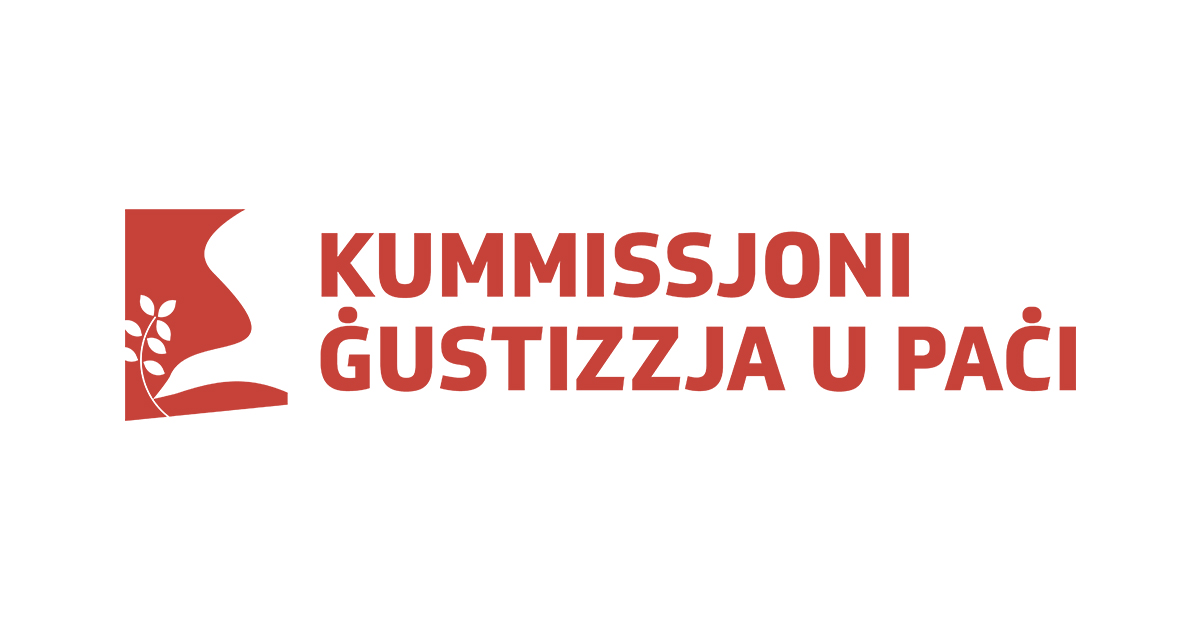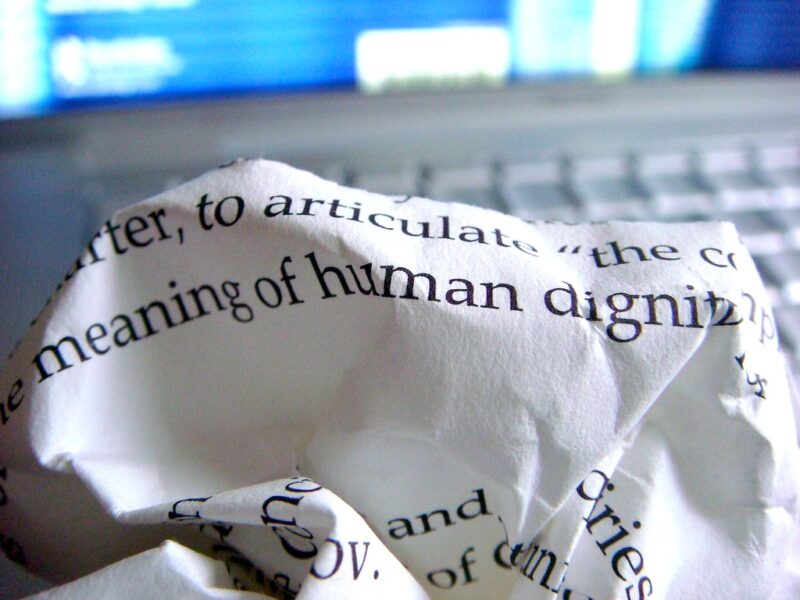In April 2024, the Congregation for the Doctrine of the Faith issued Dignitas Infinita, a Declaration approved by Pope Francis that reaffirms the Church’s traditional teaching on abortion, poverty and euthanasia, whilst denouncing newer forms of violation of human dignity in the 21st century.
At a time when definitions of what “dignity” actually means differ widely, this document clarifies the true meaning of human dignity and the practical implications – in the social, political and economic realms – of building our societies and communities on the solid foundation of human dignity.
In the first sections, Dignitas Infinita distinguishes the possibility of a fourfold distinction of the concept of dignity:
Moral dignity refers to how we use our freedom, which may or may not be used in ways that are morally upright. Social dignity refers to the quality of a person’s living conditions. For example, individuals living in extreme poverty are living in an undignified manner. Existential dignity, on the other hand, is linked to discussions about what constitutes a “dignified” life as opposed to a life which is “not dignified”, even when there is no apparent lack of material necessity. A number of hardships, such as serious illnesses, pathological addictions and violent family environments are linked to the experience of people who struggle to live with peace, hope and hope.
The most important among these definitions is however that ontological dignity “that belongs to the person as such simply because he or she exists and is willed, created, and loved by God.” Moral dignity can be lost by acting wrongly, social dignity can be lost because of inadequate living conditions, and existential dignity can be lost when experiencing a sense of despair. Ontological dignity, however, is inviolable, indelible and can never be lost or taken away. It remains present and valid regardless of people’s deficiencies and beyond any circumstances. This dignity is bestowed upon us by God and it is therefore neither claimed nor deserved. The introduction of Dignitas Infinita stresses that the recognition of this dignity is the “fundamental condition for our societies to be truly just, peaceful, healthy and authentically human”. In other words, it is the key to human fraternity.
In the weeks and months since the publication of this important document, many are those who pounded at their keyboards with their thoughts on Dignitas Infinita, especially in relation to the fourth chapter, which summarises the Church’s teachings regarding the demands and consequences of human dignity and highlights the multiple threats to human dignity in today’s world. Unfortunately, the vitriolic tone of this “debate” shows that such thoughts and words are not always the result of a prayerful reading of the text itself. It is also quite clear that many of those who enthusiastically defend the text or attack some aspects of it did not even bother to read through it or read it through their ideological blinkers.
Such myopic reading prevents us for example from seeing the straight lines that connect the issues outlined in Dignitas Infinita. As explained by Andrea Tornielli in an editorial on the Osservatore Romano, Dignitas Infinita “contributes to overcoming the dichotomy that exists between those who focus exclusively on beginning-and-end-of-life issues, while forgetting so many other attacks against human dignity and, conversely, those who focus only on defending the poor and migrants while forgetting that life must be defended from conception to its natural conclusion.”
More importantly, this Declaration makes it clear that Church teaching should never prevent us from loving the person before us. When it comes to hot button issues mentioned in the Declaration such as abortion, migration, euthanasia and gender theory, as a member of the Church, I am called, first and foremost, to love the other person. The woman who choses an abortion, for example, does not need my hatred and condemnation, but closeness, love and compassion.
In a world where human dignity is constantly under threat and its foundations increasingly fragile and weak, Christians can offer hope by proclaiming in words and deeds the dignity of every human being. When human dignity is in shambles, the Gospel calls us to defend it by placing the dignity of the human person beyond all circumstances at the centre of our lives and institutions.
If, after reading Dignitas Infinita, we do not feel challenged to reshape the way we think, live and love, a second reading will surely do us no harm.
Mark Cachia



